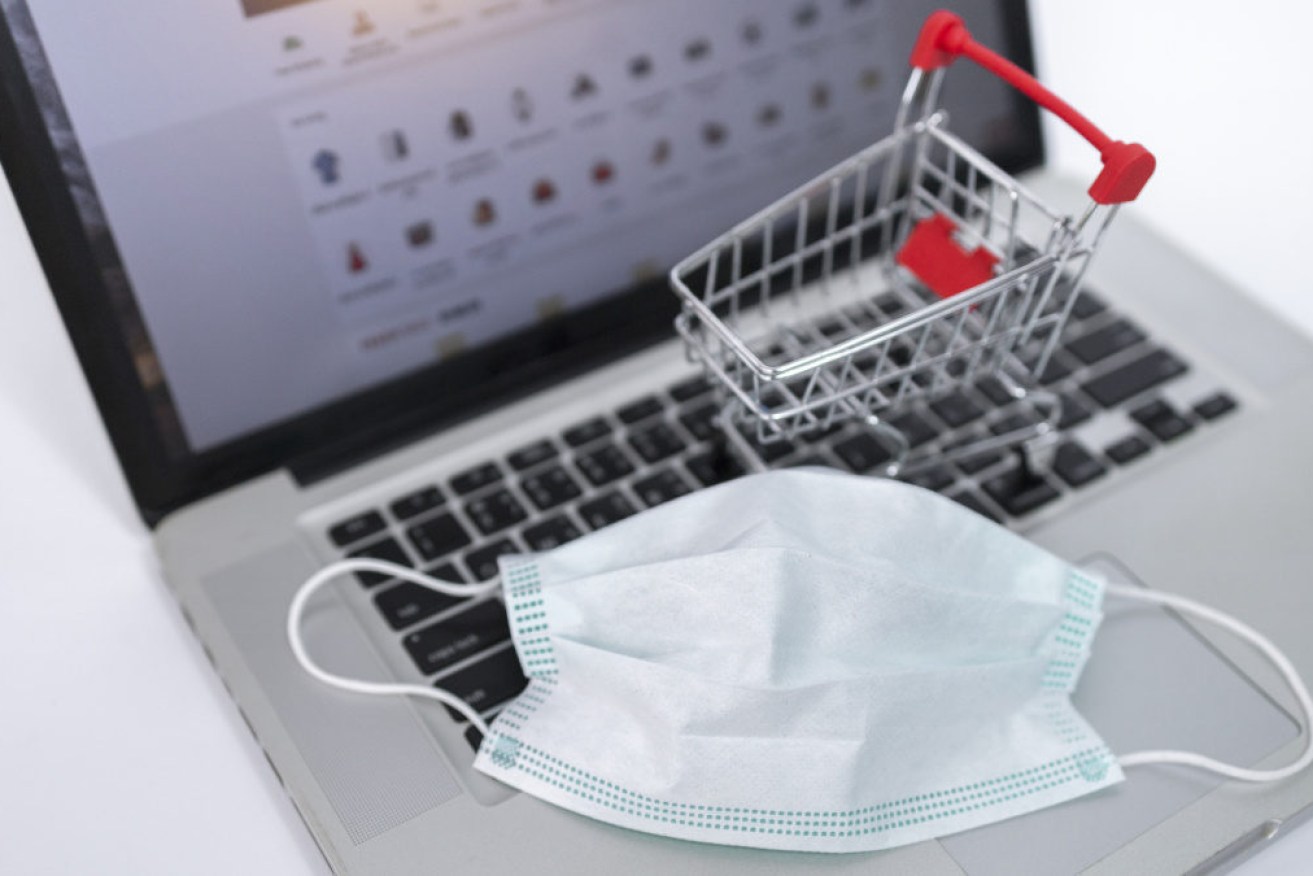‘Constrained consumers’: How COVID-19 has changed our shopping habits


One-third of Australian consumers are 'newly constrained' due to the pandemic. Photo: Getty
From private label brands to bargain bins, COVID-19 has turned many of us into ‘constrained consumers’, new research shows.
One-third (33 per cent) of Australians are “newly constrained” in their shopping habits due to the coronavirus pandemic, a global study by NielsenIQ found.
The firm polled consumers across 16 countries about how their spending behaviours have been affected by the pandemic, with almost half (46 per cent) of global consumers expressing that they were newly constrained.
‘Newly constrained’ consumers are one of four groups researchers say will drive consumer spending this year.
They are:
- ‘Existing constrained’ shoppers who were already watching what they spent before COVID-19
- ‘Newly constrained’ who have experienced worsening household income/financial situations and are consciously watching what they now spend
- ‘Cautious insulated’ shoppers saw limited impact to their income or financial situation, but are watching what they spend a lot or much more
- ‘Unrestricted insulated’ shoppers saw the same/improved income/financial situation and do not have to watch what they spend.
Australia and other ‘developed markets’ had a correspondingly higher proportion of total consumers who indicated they have had little to no effect on finances as a result of COVID-19.
The United Kingdom led the way with 49 per cent of consumers who were completely insulated from the effects of the pandemic, followed by Australia (45 per cent), Canada and Germany (44 per cent), and the United States (39 per cent).
Australian shoppers spend more carefully
Despite faring better than most of their global counterparts, Australian consumers have still been affected by the ongoing pandemic, with many forced to rein in their spending.
While 33 per cent of global consumers said they feel less secure about their income prospects over the next three to six months Australian consumers were more optimistic, with only 22 per cent revealing insecurity about their income prospects in coming months.
To make their dollars stretch, more Australian shoppers are turning to private-label brands and sale items, researchers found.

The pandemic has further fuelled the rise of private label products.
Private-label products, sometimes referred to as ‘own-brand’ or ‘home brand’ products were once the poor cousin of name brands, but supermarket private label products have become popular choices among shoppers, offering good quality at prices that undercut the competition.
Popular own-brand offerings are now critical to success for supermarkets, accounting for a large portion of shelf space and profits.
In 2019, Coles added 1200 private label products to its range, with private label items comprising about 30 per cent (and growing) of the chain’s sales.
Woolworths also boasts shelves lined with its own label products, positioning its Macro Organic range to promote itself as Australia’s healthiest supermarket own brand, the report found.
German discount chain Aldi has also been embraced by Australian shoppers for its budget-priced private label products.
“Brands are under much more scrutiny with consumers weighing up what brand attributes really matter to them to justify a place in the basket,” NielsenIQ executive director of consumer insights Gillian O’Sullivan said.
“Over 60 per cent of the Australian respondents said they would switch to the lowest-priced option among their preferred brands to save money, indicating that brands will need to work hard on ranging to ensure they are catering for their new consumer needs within their portfolios.”
Changing shopping behaviours “will have consequences for brands and retailers when it comes to planning optimal promotional calendars/cycles, and having the right pack sizes on shelf,” Ms O’Sullivan said.
“Assortment, pricing, innovation, and distribution of products will need to be quickly recalibrated.”









